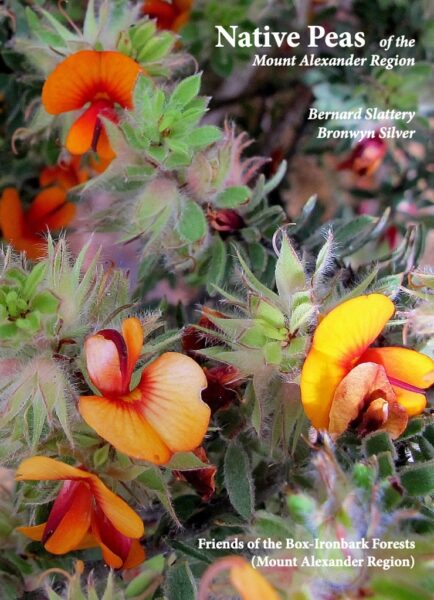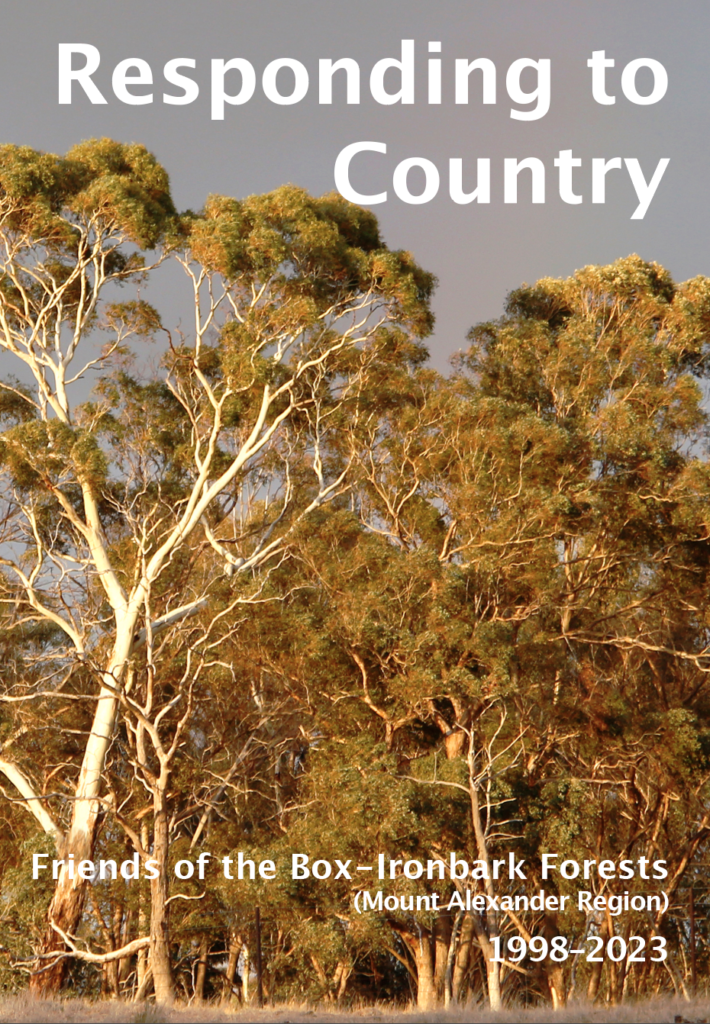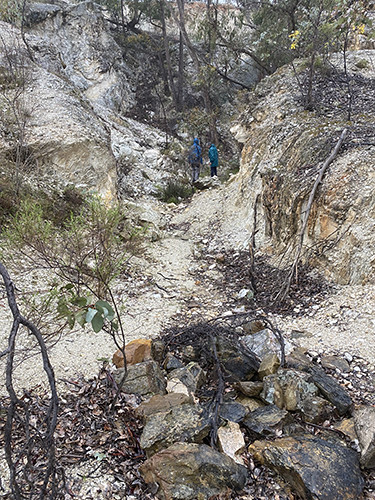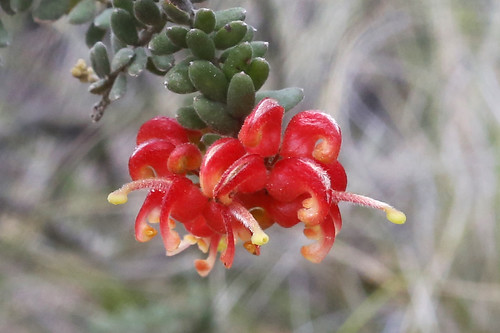Gayle Osborne from Wombat Forestcare is giving a short presentation on the amazing wildlife and threatened species of the Wombat Forest at 6pm on 20 November in the Ray Bradfield Room, Castlemaine.
Wombat Forestcare has spent years learning about, promoting and protecting this stunning forest. The group has discovered, using camera traps and spotlighting, beautiful and endangered Greater Gliders, Powerful Owls and more. Using this information they have worked incredibly hard to protect the forest into the future by getting it assessed as a potential National Park.
As mentioned in previous posts (see here and here), the Victorian Environmental Assessment Council (VEAC) has released a Draft Proposal report recommending new protections of public land for Wombat forest (near Daylesford), Wellsford (near Bendigo), Mount Cole and Pyrenees Range forests (near Beaufort and Avoca) and dozens of smaller public parcels in the investigation area. This is great news and a one off opportunity to protect this land.
This meeting will give people an opportunity to learn about the Wombat Forest and write a submission on the VEAC report on the night. Download the flyer here.

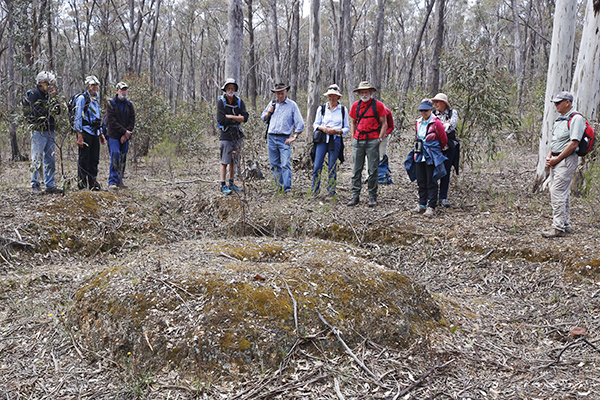
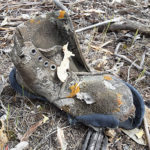
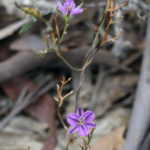
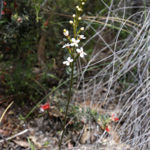
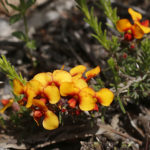
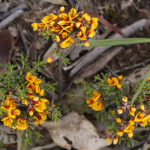
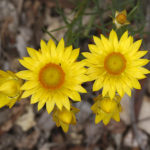
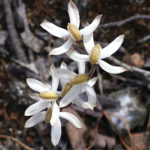
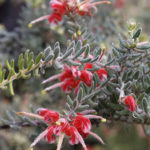
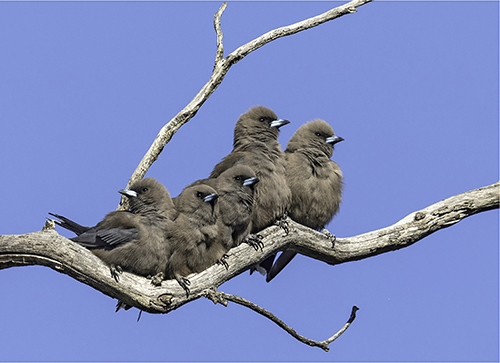
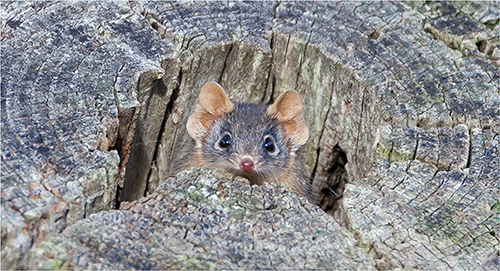
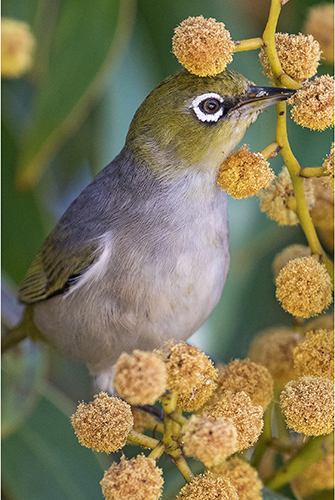


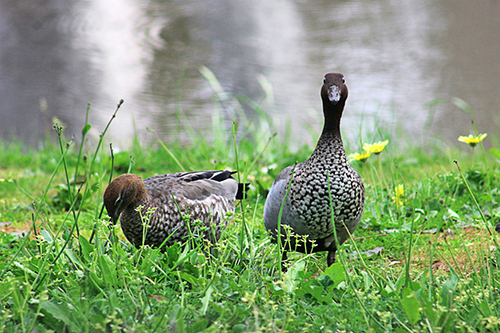
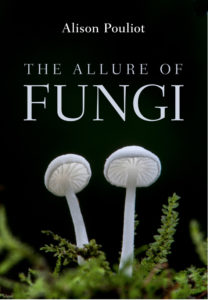
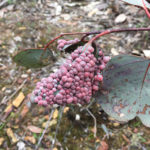
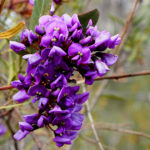
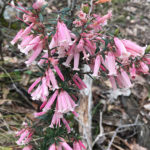
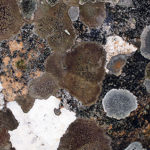
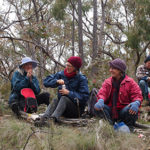
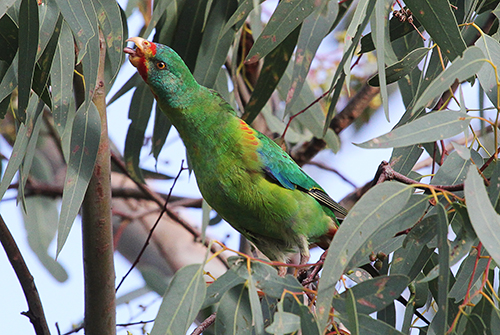

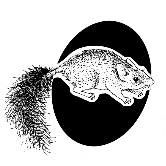
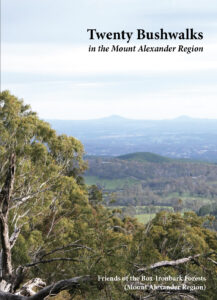
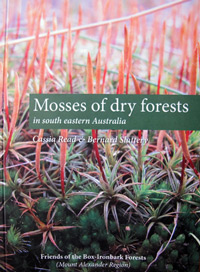 Click on image for info/order page
Click on image for info/order page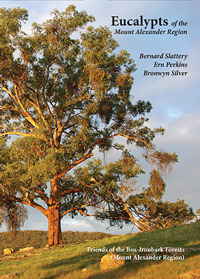 Click on image for info/order page
Click on image for info/order page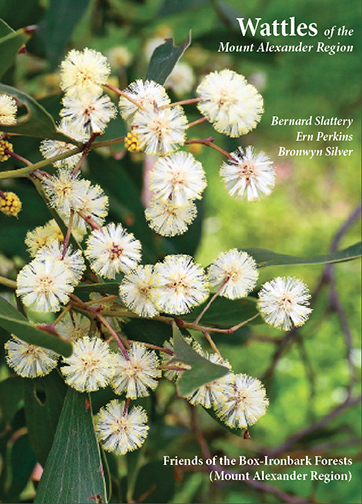 Click on image for info/order page
Click on image for info/order page